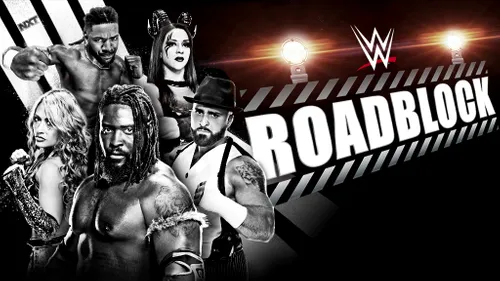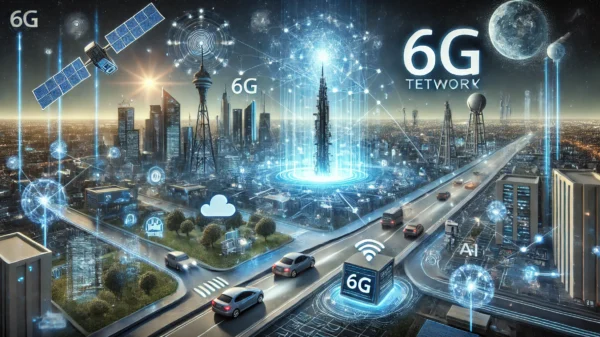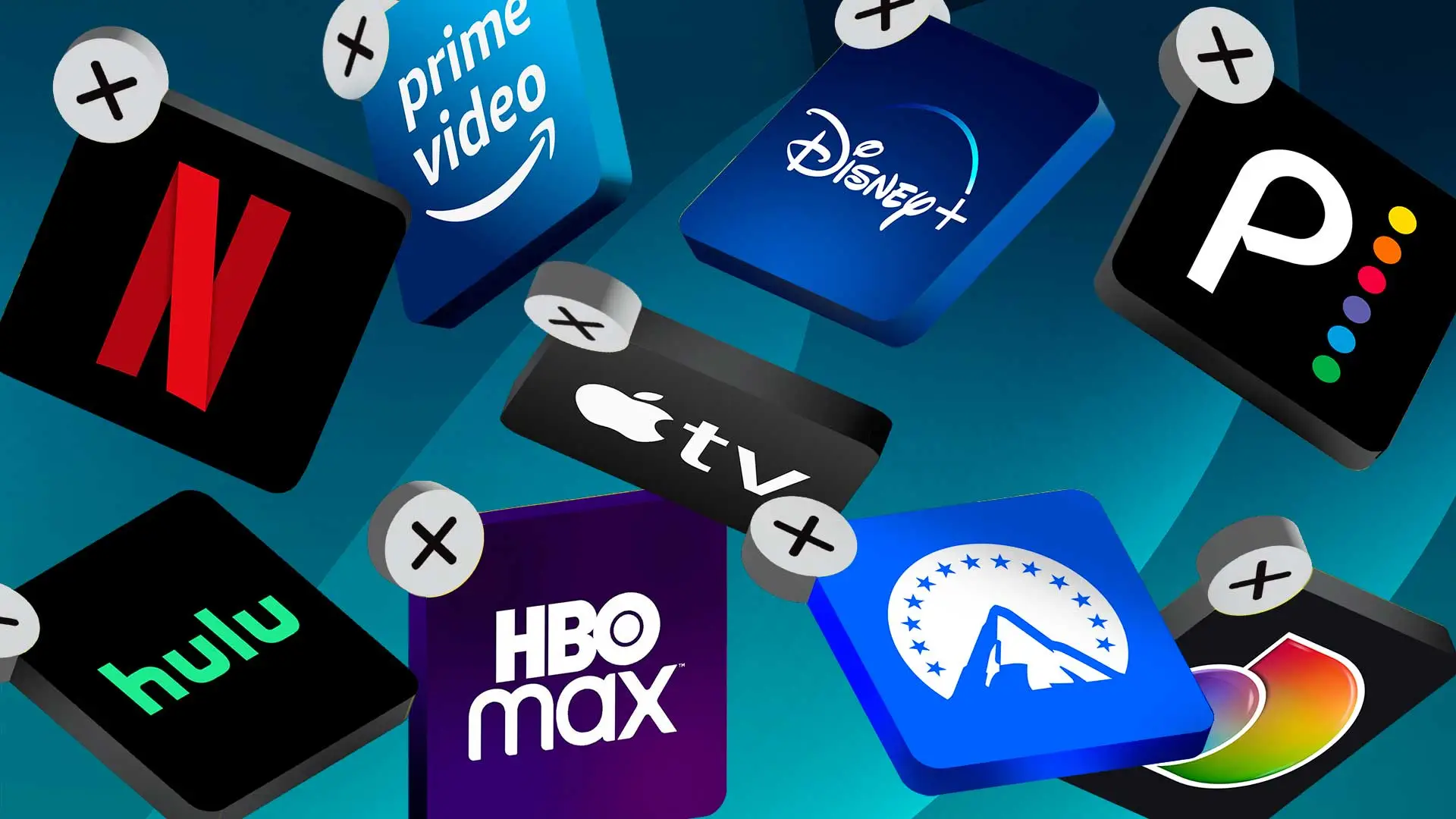The Evolution of Entertainment
Over the past decade, the entertainment industry has undergone a dramatic transformation. Traditional television and movie viewing experiences have given way to the rise of streaming platforms. These platforms, such as Netflix, Amazon Prime Video, Hulu, and Disney+, have revolutionized the way we consume content, offering a vast library of movies, TV shows, documentaries, and more at our fingertips.
The Convenience of Streaming
One of the main reasons for the popularity of streaming platforms is their convenience. Gone are the days of waiting for a specific time slot to watch your favorite TV show or heading to the movie theater to catch the latest blockbuster. With streaming, you have the freedom to choose what you want to watch and when you want to watch it. Whether you’re on your couch at home or on the go, all you need is an internet connection and a compatible device.
Streaming platforms also offer the convenience of personalized recommendations. Using sophisticated algorithms, these platforms analyze your viewing history and preferences to suggest content that you might enjoy. This personalized approach enhances the user experience, making it easier to discover new shows and movies that align with your interests.
The Variety of Content
Streaming platforms have significantly expanded the variety of content available to consumers. Unlike traditional TV networks or movie studios, streaming services are not limited by time slots or physical distribution. As a result, they can offer a wide range of genres and niche content that caters to diverse audiences.
From critically acclaimed original series to exclusive documentaries and international films, streaming platforms have something for everyone. Whether you’re a fan of drama, comedy, action, or even niche genres like anime or true crime, you’re likely to find a streaming platform that caters to your interests.
The Disruption of Traditional Models
The rise of streaming platforms has disrupted traditional models of content distribution and consumption. In the past, networks and studios held the power to decide what content was produced and when and how it was released. Streaming platforms have challenged this hierarchy by giving creators and independent filmmakers a platform to showcase their work.
This shift in power has led to an increase in original content produced by streaming platforms. These platforms invest heavily in creating their own exclusive shows and movies, often attracting top talent from the industry. As a result, viewers have access to high-quality content that may not have been greenlit by traditional networks or studios.
The Future of Streaming
The future of streaming platforms looks promising. With advancements in technology, such as faster internet speeds and the widespread adoption of smart TVs and mobile devices, streaming is becoming even more accessible. Additionally, the COVID-19 pandemic has further accelerated the growth of streaming platforms, as people turned to digital entertainment during lockdowns and social distancing measures.
However, the streaming landscape is becoming increasingly competitive. New players are entering the market, and existing platforms are continuously innovating to stay ahead. This competition benefits consumers, as it leads to more choices and improved user experiences.
As streaming platforms continue to evolve, it’s important to recognize the impact they have had on the entertainment industry. They have not only changed the way we consume content but have also empowered creators and given audiences a wider range of options. The rise of streaming platforms marks a new era in entertainment, where convenience, variety, and personalization are at the forefront.

































